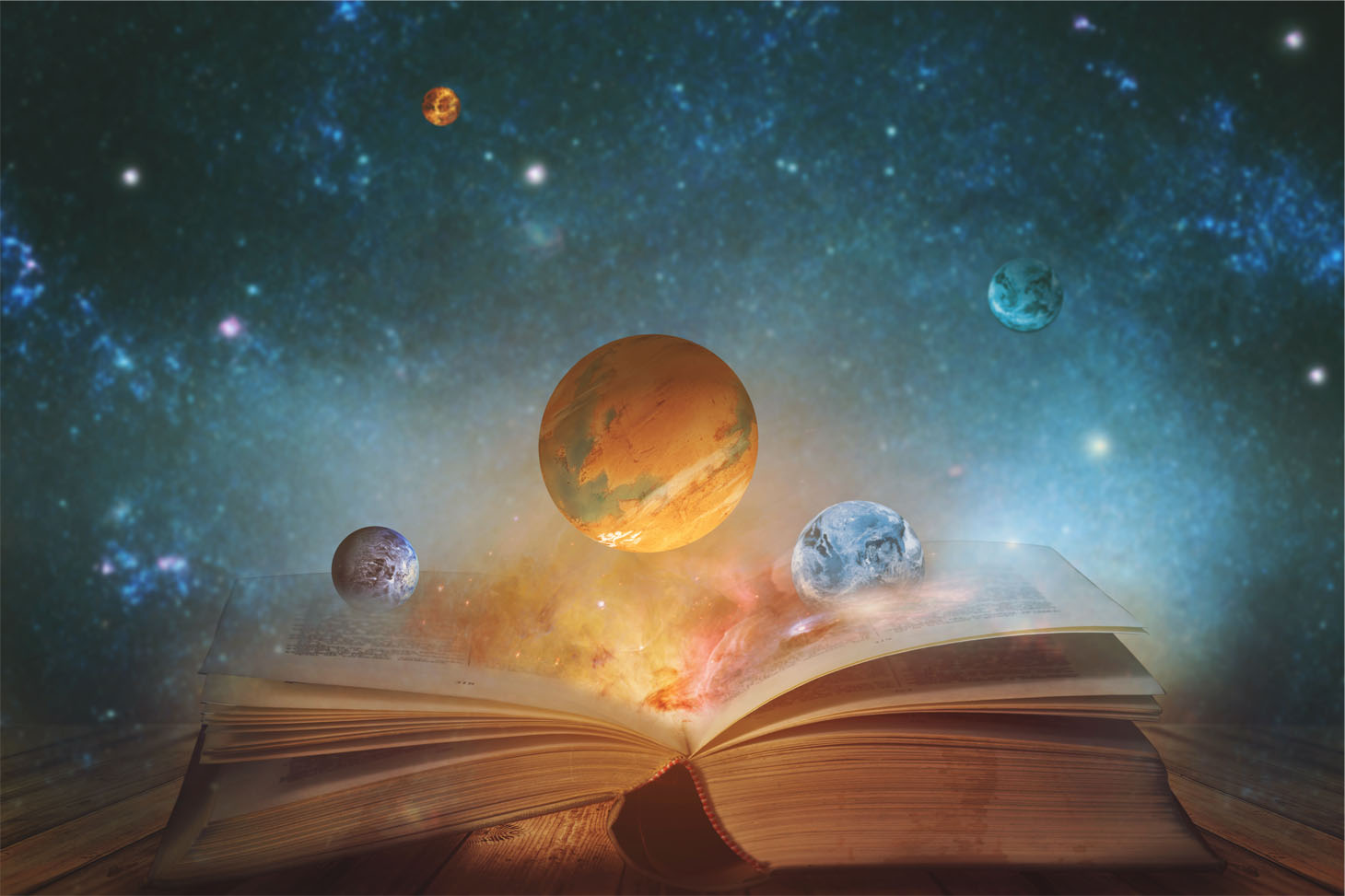REALIA - Research, methods and actions in children’s and youth literature
Children’s and youth literature, creation, mediation, pictures, illustration, iconotext, interdisciplinarity, literary studies

The REALIA thematic program (Research, methods and actions in children’s and youth literature) aims to enrich master’s degree courses in the Arts, Literature, Languages, and Human and Social sciences fields, by offering new perspectives of research into children’s and youth literature – a rich, complex, and constantly evolving field of publishing and literature.
The REALIA program hinges on a blend and balance between the scientific contribution of researchers and the know-how of professionals( authors, translators, publishers), and is supported by the work of the “Territoires et frontières en littérature de jeunesse” (ILCEA4/Litt&Arts) interlaboratory seminar.
This training programme will draw on interdisciplinary methodological and scientific contributions, as well as the input of practicians to open up new opportunities for research and professional integration.
This programme is designed for students wishing to work in the numerous professional fields involving children’s and youth literature: primarily the research field, but also teaching and training, publishing, scientific and cultural mediation, as well as translation.
The REALIA programme hinges on a blend and balance between the scientific contribution of researchers and the know-how of practitioners, authors, translators, publishers, etc., and is supported by the work of the “Territoires et frontières en littérature de jeunesse” (ILCEA4/Litt&Arts) interlaboratory seminar.
Students will benefit from periods of both theoretical reflection and collective production. The theoretical part will take the form of lectures, conferences and participation in symposia. Collective production activities (from the discovery of writing and illustration to the drafting of articles) will be carried out with the support of professionals (authors, illustrators, translators, etc.) and teacher-researchers.
In the course of semester 7, a 5-day hackathon or thematic school will be organised. This training period will offer lectures by researchers and practitioners of children's literature, in order to provide students with tools for analysis. It will also give a first exposure to the specificities of children's literature and of a literary object targeted to this audience, through a hands-on experience, in the form of a collaborative and supervised response to challenges.
Semester 8 will offer an opportunity to discover research and thoughts on children's literature through a series of specific courses and/or conferences, enriched – depending on the programs available – with seminar sessions, colloquia or conferences held in the region.
During Semester 9, students will get introduced to research in children's literature, through a new series of courses incorporating theoretical and methodological concepts. In workshops or on a semi-autonomous basis, students will prepare contributions for a blog, research notebook (carnet Hypothèses) or a “young researcher” day.
Finally, in semester 10, they will be given the opportunity to carry out a mediation project, focusing for example on oral transmission, reading, illustration, translation or rewriting. Students will be supported by lecturers and practitioners (authors, illustrators, etc.).
To apply to this programme, you must first be admitted to the first year of a Master's program in one of the following courses:
This training programme will draw on interdisciplinary methodological and scientific contributions, as well as the input of practicians to open up new opportunities for research and professional integration.
This programme is designed for students wishing to work in the numerous professional fields involving children’s and youth literature: primarily the research field, but also teaching and training, publishing, scientific and cultural mediation, as well as translation.
The REALIA programme hinges on a blend and balance between the scientific contribution of researchers and the know-how of practitioners, authors, translators, publishers, etc., and is supported by the work of the “Territoires et frontières en littérature de jeunesse” (ILCEA4/Litt&Arts) interlaboratory seminar.
Students will benefit from periods of both theoretical reflection and collective production. The theoretical part will take the form of lectures, conferences and participation in symposia. Collective production activities (from the discovery of writing and illustration to the drafting of articles) will be carried out with the support of professionals (authors, illustrators, translators, etc.) and teacher-researchers.
REALIA Activities
Early September, a one-day integration event will be held on site for students belonging to the M1 and M2 levels.In the course of semester 7, a 5-day hackathon or thematic school will be organised. This training period will offer lectures by researchers and practitioners of children's literature, in order to provide students with tools for analysis. It will also give a first exposure to the specificities of children's literature and of a literary object targeted to this audience, through a hands-on experience, in the form of a collaborative and supervised response to challenges.
Semester 8 will offer an opportunity to discover research and thoughts on children's literature through a series of specific courses and/or conferences, enriched – depending on the programs available – with seminar sessions, colloquia or conferences held in the region.
During Semester 9, students will get introduced to research in children's literature, through a new series of courses incorporating theoretical and methodological concepts. In workshops or on a semi-autonomous basis, students will prepare contributions for a blog, research notebook (carnet Hypothèses) or a “young researcher” day.
Finally, in semester 10, they will be given the opportunity to carry out a mediation project, focusing for example on oral transmission, reading, illustration, translation or rewriting. Students will be supported by lecturers and practitioners (authors, illustrators, etc.).
How to apply to the REALIA Program
The courses conducted in the REALIA program will be in French.To apply to this programme, you must first be admitted to the first year of a Master's program in one of the following courses:
| Master's degree | Master course | Academic Unit | Language |
|---|---|---|---|
| Master Arts, Lettres et Civilisations | Littérature : critique et création | UFR LLASIC | French |
| Master Arts, Lettres et Civilisations | Comparatisme, imaginaire, socio-anthropologie | UFR LLASIC | French |
| Master Arts, Lettres et Civilisations | Sciences de l’antiquité | UFR LLASIC | French |
| Master Histoire | Histoire, cultures, politique, échanges internationaux | UFR ARSH | French |
| Master Histoire | Histoire appliquée : société, environnement, territoire | UFR ARSH | French |
| Master Histoire | Sciences de l’antiquité | UFR ARSH | French |
| Master Histoire de l'Art | Histoire, techniques et théorie des arts visuels | UFR ARSH | French |
| Master Histoire de l'Art | Musées, expositions, patrimoines | UFR ARSH | French |
| Master LLCER Recherche | Études anglophones | UFR SoCLE | English |
| Master LLCER Recherche | Études germaniques | UFR SoCLE | German |
| Master LLCER Recherche | Études hispaniques | UFR SoCLE | Spanish |
| Master LLCER Recherche | Études russes | UFR SoCLE | Russian |
| Master LLCER Recherche | Études françaises, Études italiennes | UFR SoCLE | French/Italian |
| Master LLCER Recherche | Anglais / Allemand | UFR SoCLE | English/German |
| Master Philosophie | Philosophie et histoire de la philosophie | UFR ARSH | French |
| Master Philosophie | Philosophie ancienne et sciences de l’antiquité | UFR ARSH | French |
| Master Philosophie | Philosophie de la cognition | UFR ARSH | French |
Unités d'Enseignement du programme REALIA
- S7, UE Creative practices in children's literature, 6 ECTS: hackathon/thematic school
- S8, UE Discovery of research in children's literature, 6 ECTS: cycle of specific courses, lectures, seminar sessions and/or conferences
- S9, UE Research methodology and training in children’s literature: course (theoretical and methodological issues) and/or workshop
- S10, UE Mediation experiences in children's literature, 6 ECTS: Practical implementation of mediation experiences.
Doctoral Schools involved in REALIA
- École doctorale Langues, Littérature et Sciences Humaines
Updated on April 10, 2025
Contact
Sylvie Martin-Mercier
sylvie.martin-mercier@univ-grenoble-alpes.fr
Laure Thibonnier-Limpek
laure.thibonnier@univ-grenoble-alpes.fr
sylvie.martin-mercier@univ-grenoble-alpes.fr
Laure Thibonnier-Limpek
laure.thibonnier@univ-grenoble-alpes.fr

